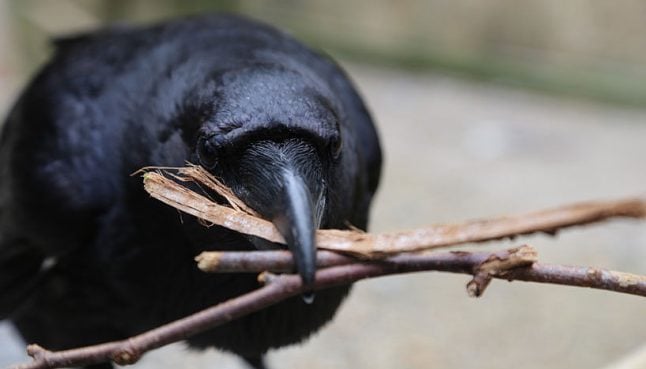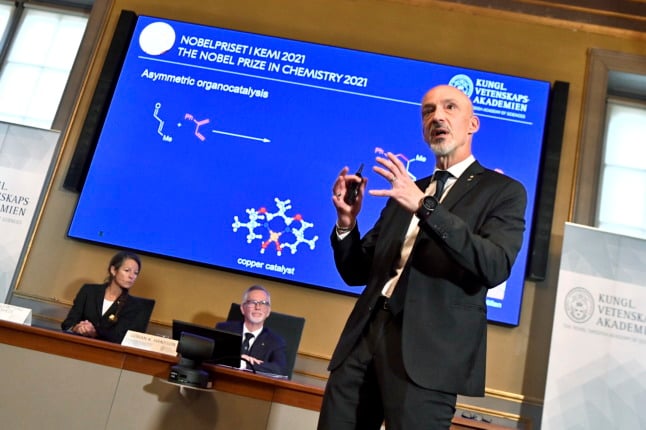Ravens are known to be one of the most intelligent birds, but a team of researchers led by Thomas Bugnyar of the Department of Cognitive Biology at the University of Vienna has been able to prove exactly how they work together.
“From the wild, it was already known that ravens are able to cooperate when, for example, mobbing predators. But using an experimental set-up working with captive ravens now allowed us to investigate, how exactly they do so,” lead-author Jorg Massen said.
In the experiment two ravens had to simultaneously pull the two ends of one rope to slide a platform with two pieces of cheese into reach.
If only one raven pulled, the rope would slip through the loops on the platform and the birds were left with the rope and no cheese.
Without any training the ravens spontaneously solved this task and worked together to get the cheese.
The experiment also showed that they worked better together with friends than with enemies. If one of the two birds cheated and stole its companion’s cheese, as well as taking its own, the victim immediately noticed and refused to cooperate in further trials with the same raven.
“Such a sophisticated way of keeping your partner in check has previously only been shown in humans and chimpanzees, and is a complete novelty among birds”, Massen said.
The results of the study have been published in the scientific journal Scientific Reports.



 Please whitelist us to continue reading.
Please whitelist us to continue reading.
Member comments